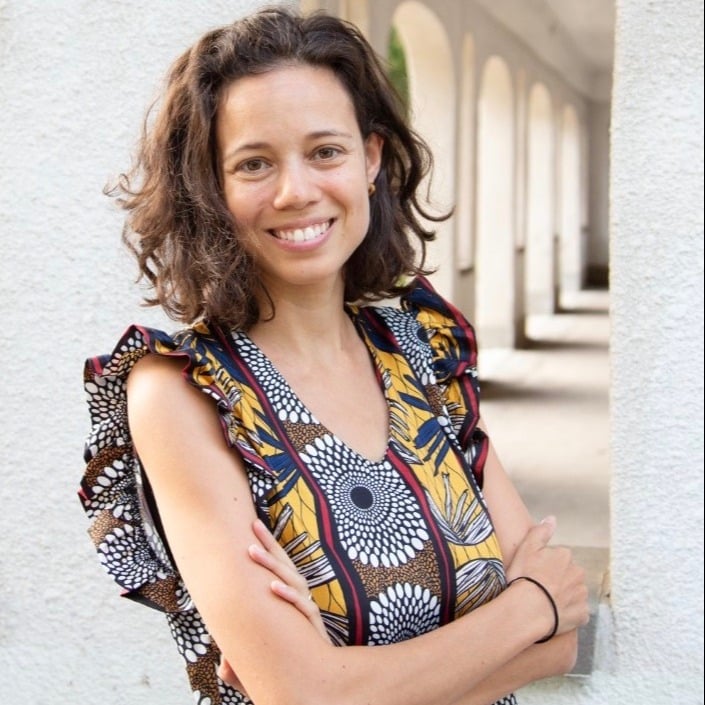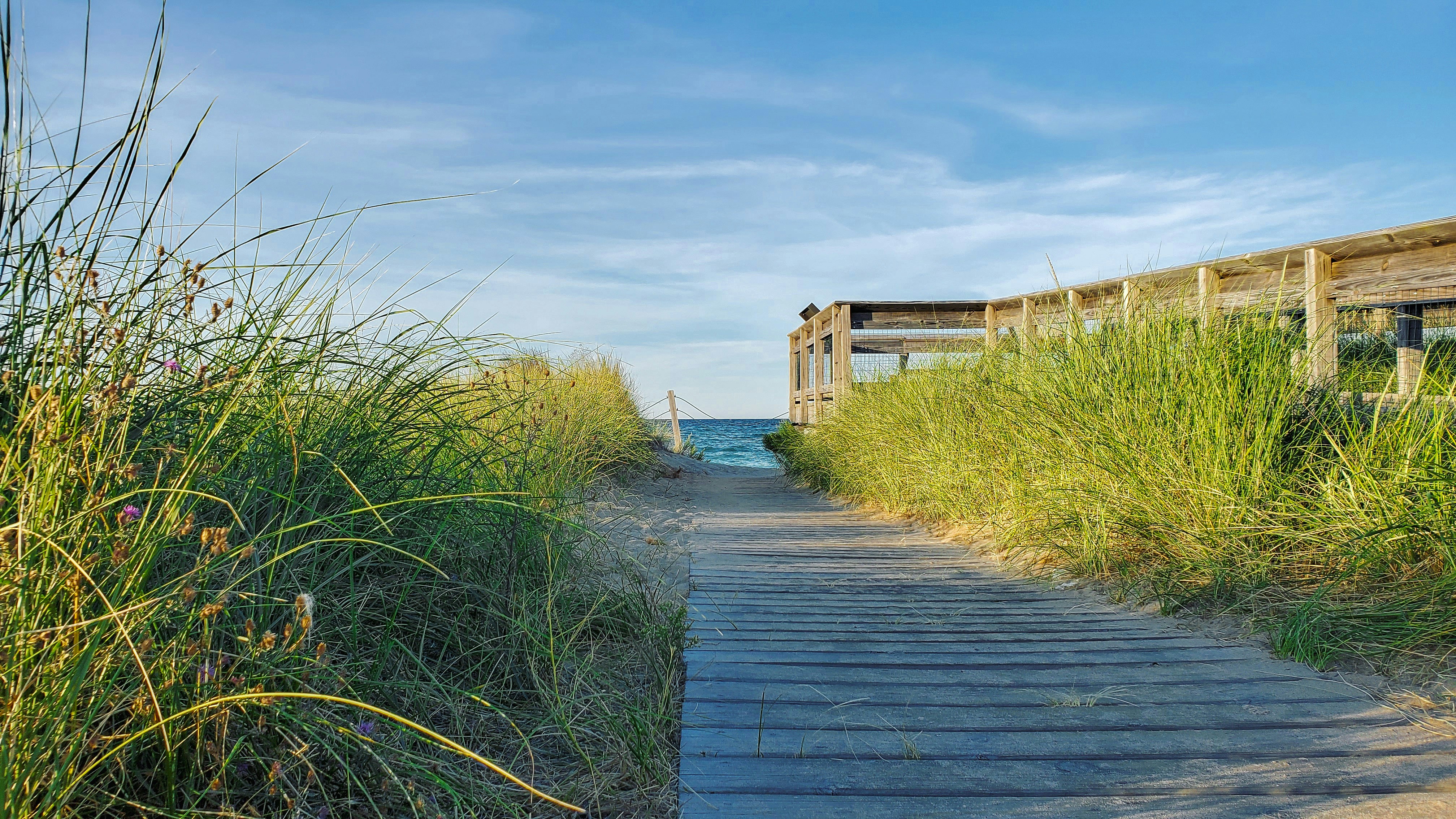This resource is also available in French. Click here to access the French version.
 Growing up, Earth Day (April 22) was always something I looked forward to. My elementary school would organize activities for us like planting trees, collecting trash and making bird feeders.
Growing up, Earth Day (April 22) was always something I looked forward to. My elementary school would organize activities for us like planting trees, collecting trash and making bird feeders.
This was back in the 1990s, when we knew that Earth was fragile and needed to be protected but were not fully aware of the existential threat that climate change posed to humanity nor of the speed and scale of the problem. We weren’t burdened by the eco-anxiety that many of today’s youth experience on a daily basis. It felt as though our small actions, as individuals and as a community, would suffice. Today, such a response can feel naïve and inadequate at best, and potentially counterproductive at worst. We need a societal-level transition to a regenerative and inclusive economy enabled by policy and regulatory changes.
Yet individual behaviour still has a crucial role to play. In Individual carbon footprints or collective systems change? Both!, Elizabeth Sawin makes the case that acts to reduce one’s own footprint help us imagine what a low carbon future could look like, while challenging the idea that protecting the climate is a sacrifice (canning tomatoes and belonging to a community garden can be fun, after all). Sawin also argues that changing personal behaviour can deepen our understanding of how people, communities and ecosystems change, and that “systems shift most effectively when change is happening at multiple levels with some sort of loose congruence.”
Calculating and reducing your ecological footprint
I recently calculated my own contribution to the climate crisis using the Global Footprint Network’s Ecological Footprint Calculator and learned that my personal Earth Overshoot Day is on June 10. That means that I’m consuming far more resources than my ‘fair share’ and if everyone lived like me, we would need 2.3 planets to sustain us. The average Canadian actually lives as though there are 5 planets (my own consumption is below average in large part because I live in Quebec where Hydro-Québec provides energy that is 99% renewable, I'm located in an urban centre, and do not own a car).
Calculating our individual footprint is not meant to make us feel guilty or to shame one another. Such ‘negative emotions’ are not effective in inspiring action (not to mention that oil companies have long sought to individualize the problem to absolve themselves of responsibility). Rather, this information can shed light on how we might cut our own emissions, enabling us to take action. That action can be empowering, giving us a sense of agency and in turn offering us hope. This is a theme that Katharine Hayhoe explores at length in Saving Us.
Determining what actions to take is the next challenge, but there are many resources available to support with this. BrightAction is a US-based platform that suggests a range of sustainable actions and offers people a chance to connect with others in their community to collaborate at a larger scale. Another example is the Nanaimo Climate Action Hub’s Community Climate Circles project that connects friends, colleagues and neighbours to reduce their household climate pollution. There may be similar initiatives in your own community – reach out to a local environmental organization to find out.
So, on Earth Day and throughout the year, let’s model what a brighter, more sustainable future could look like. Every positive action, no matter how small, counts.
Take your learning further
- Sign up for our upcoming webinar on June 8 with Elizabeth Sawin on Multisolving.





